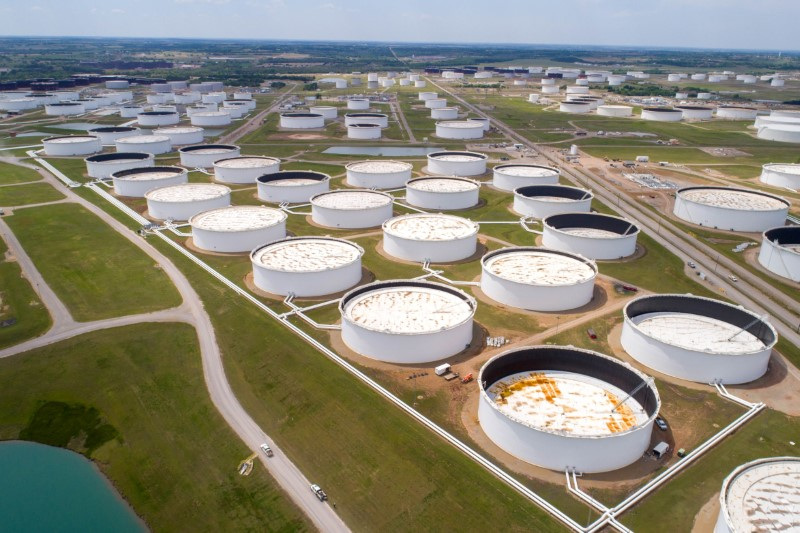Oil prices rise on Middle East tensions, fall in US crude inventories
By Arathy Somasekhar
(Reuters) -Oil prices edged higher for a third straight session on Thursday over market anxiety about supply risks due to simmering tensions in the Middle East, with a steep draw in U.S. crude stockpiles also helping a recovery from multi-month lows.
Brent crude futures rose 6 cents, or 0.1%, at $78.39 a barrel by 0540 GMT, while U.S. West Texas Intermediate crude gained 16 cents, or 0.2%, to $75.39. Both the benchmarks had recovered from near-2024 lows they had plunged to earlier this week due to a U.S. recession and a selloff in global stocks. [MKTS/GLOB]
The potential for Middle East supply disruptions worried markets after the killing of senior members of militant groups Hamas and Hezbollah last week raised the possibility of retaliatory strikes by Iran against Israel.
"The market has been on edge as it awaits a response from Iran. An aggressive response could lead to wider conflict in the Middle East and threaten oil supply. This has been exacerbated by production issues in Libya," ANZ Research said in a note.
Libya's National Oil Corporation has declared force majeure in its Sharara oilfield from Tuesday, a statement said, adding that the company had gradually reduced the field's production due to protests.
While no supply has been impacted so far amid growing tensions in the Middle East, attacks on ships in the Red Sea have forced tankers to take longer routes meaning more oil stays on the water for longer.
Crude inventories in the United States, the world's largest oil consumer, fell 3.7 million barrels, data showed, far exceeding analyst expectations of a 700,000-barrel draw and marking a sixth straight weekly decline to six-month lows. [EIA/S]
"This suggests demand for physical barrels remains robust, despite concerns about weak economic activity," ANZ analysts said in the note.
Analysts at Citi said there was a possibility of a bounce in prices to the low-to-mid-$80s again for Brent.
"Upside risks in the market remain, from still-tight balances through August, heightened geopolitical risks across North Africa and the Middle East, the possibility of weather-related disruptions through hurricane season, and light managed money positioning," Citi said in a note.
Source: Investing.com
